| The human mind reacts to its outside environment in a beautifully agile way, conditioned by culture, upbringing, exposure to various elements (nature, people, tools and things) and this right from the womb to the grave. If we take things with this context in mind and we add the exposure to technology, we can start talking about a person’s “digital maturity” or a person’s appetite for “digital”.
Consider this: A person’s reaction to a screen, an app, an instruction on a phone or a laptop is fast or slow based on how easy it is to use/follow, from his/her prism. And this is where ensuring an easy user experience is indispensable to any digital service or product that is offered. “Easy” in the eyes of the target user in question, of course! And this is where behavior science plays a key role in helping companies and product/service designers to build adapted and “easy-to-use” apps and services really catering to their clients within the contexts of their culture, their age group, their environment and , as important, their exposure to technology and digital tools. Offers and products that are designed using methodologies that map user journeys, that apply best practices on iconography and other such design thinking approaches are set for success, building on a strong foundation and being client centric right from the idea/concept stage. |
Consider the human element to the change that digital transformation brings
The human mind reacts to its outside environment in a beautifully agile way, conditioned by culture, upbringing, exposure to various elements (nature, people, tools and things) and this right from the womb to the grave. If we take things with this context in mind and we add the exposure to technology, we can start talking about a person’s “digital maturity” or a person’s appetite for “digital”.


